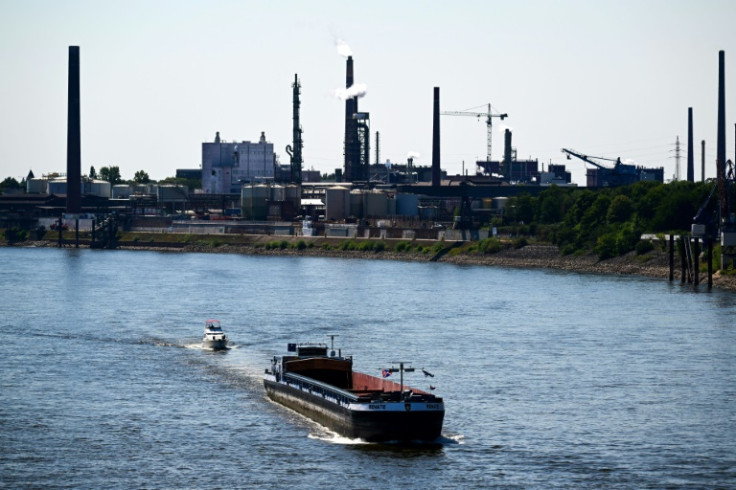German economy grew in second quarter, better than feared
Germany's economy grew slightly in the second quarter, an upgrade from a previous estimate of stagnation, revised official data showed Thursday, pushing back the spectre of recession.

Germany's economy grew slightly in the second quarter, an upgrade from a previous estimate of stagnation, revised official data showed Thursday, pushing back the spectre of recession.
Output expanded by 0.1 percent in the April to June period, according to the federal statistics agency, which had previously projected zero growth.
The economy was propped up by both private and public domestic demand, with spending by the state up by 2.3 percent.
Private spending rose 0.8 percent from the previous quarter as the end of Covid-19 restrictions brought more tourism and restaurant dining.
Europe's biggest economy has been slowing as inflation soars, with Russia's invasion of Ukraine sending energy and food prices through the roof.
Germany has been highly reliant on supplies of Russian gas to meet its energy demands, but Moscow has slowly dwindled supplies since the start of the war.
The threat that Russia could cut deliveries completely has raised the possibility of shortages over the winter and brought Germany closer to rationing supplies, with a punishing impact on business.
Even if the latest data offered Germany some reprieve from negative growth, economic indicators in the last days are painting a pessimistic picture.
The Ifo monthly confidence barometer, based on a survey of 9,000 companies, slumped for a third month in a row in August to reach 88.5 points.
"Companies were somewhat less satisfied with their current business, and the strong pessimism of their outlook for the coming months is virtually unchanged," said the institute.
"Uncertainty among the companies remains high, and the German economy as a whole is expected to shrink in the third quarter," it added.
Bundesbank president Joachim Nagel had warned in a recent interview that although the German economy held up well in the second quarter, new supply chain problems would "further darken the outlook for the second half".
Particularly, if the energy crisis were to worsen, "a recession appears probable for the coming winter".
© Copyright AFP 2025. All rights reserved.





















